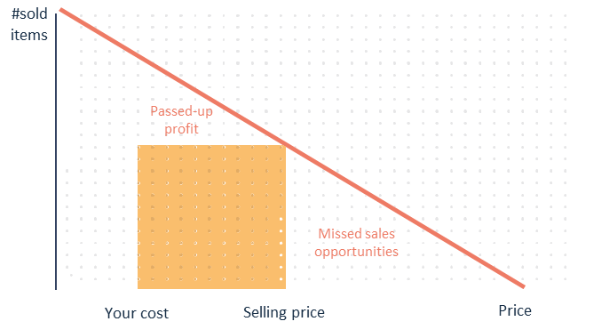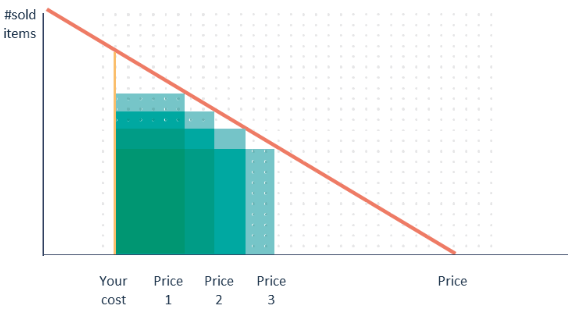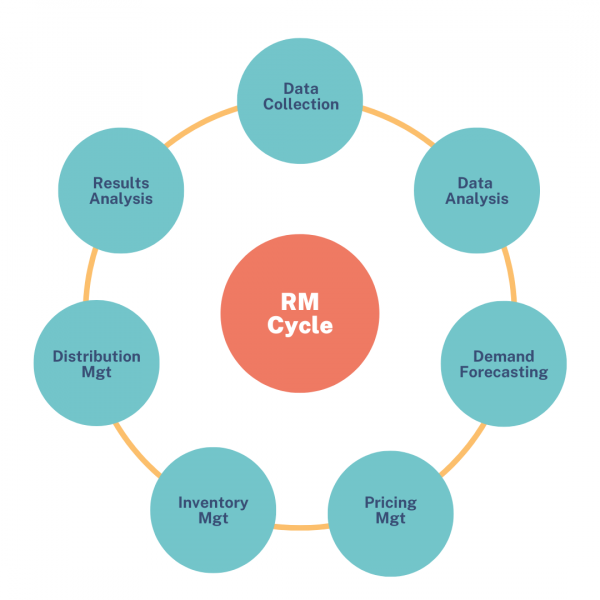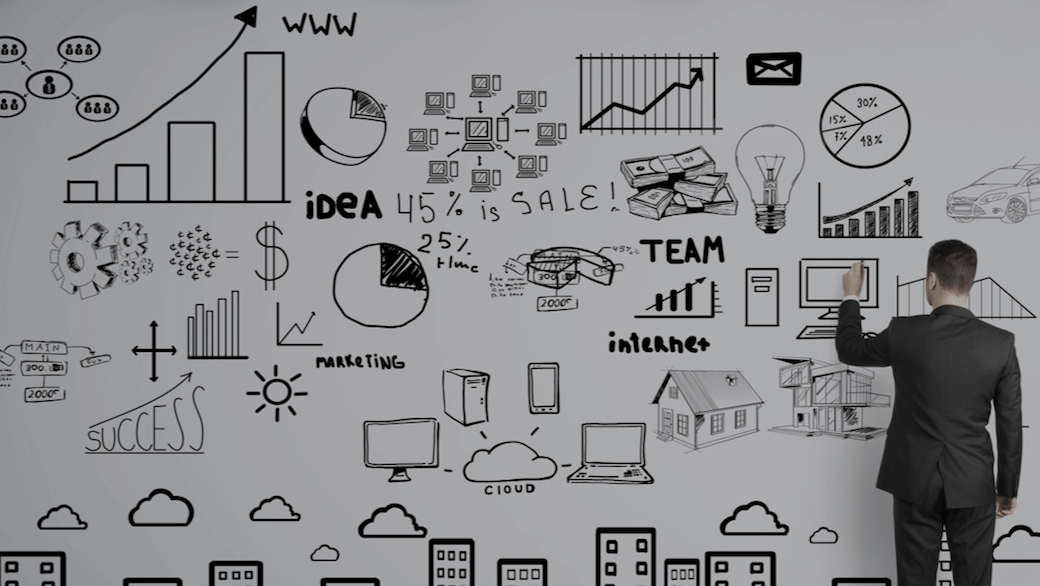Understanding the purpose of revenue management is an essential component of building a successful and profitable business, whatever industry you work in.
NB: This is an article from Beonprice, one of our Expert Partners
And the hospitality industry is no exception. The right tools and data analysis systems can enable you to better understand your market, anticipate and react to demand, and optimise your pricing strategies so that you can obtain the highest possible returns from your revenue streams.
Subscribe to our weekly newsletter and stay up to date
In this post, we are going back to basics. We are going to discuss what revenue management is, the purpose of revenue management, and why it’s so important to design and implement an effective revenue management strategy in your hotel.
What is revenue management?
Put simply, revenue management within the hotel industry is all about selling the right room, to the right client, for the best price, through the right distribution channel, in the most cost-effective way possible. And all this ultimately comes down to one core strategy: using performance data and analytics to accurately predict demand and consumer behaviours.
As a revenue manager, the purpose of revenue management is to use this data to anticipate market trends and make strategic decisions that optimise your hotel profit margin and distribution channels so that you can generate the highest possible rate of revenue growth.
It’s all about maximising the money your business generates. It’s about creating a more profitable business through effective budget management and data-driven strategies that focus on anticipating and reacting to market trends. And this has never been more important, especially given the fluctuating and unpredictable nature of the market since the start of the Covid-19 pandemic.
In fact, revenue management is now being recognised as one of the key levers of business success, to the extent that stakeholders and shareholders are demanding updates in their annual reports and QBRs. Business owners understand that the secret to remaining competitive is responding to these market fluctuations and using the right data to predict potential profits and make informed decisions relating to business, staffing, and budgets.In other words, revenue management is the key to maximising profit and building a successful business.
Why is revenue management important?
In short, the purpose of Revenue Management comes down to having access to the right tools and data so that you can predict and anticipate demand and facilitate better-informed decision-making processes. This enables you to better understand your business so that you can make the necessary strategic adjustments in order to optimise results and improve your bottom line. The ultimate goal of revenue management is to obtain the best possible results and boost your total revenue.
One of the basic reasons you should apply RM in your business is moving from static to dynamic pricing.
If you work with seasonal static prices:
- You will have a very rigid offer
- You will not be able to reach all the segments interested in our product
- You will be losing income from segments that would be willing to pay more
- You will be losing opportunities to sell in segments that would come to my hotel if it was cheaper

On the other hand, if we apply revenue management techniques that allow us to work with dynamic prices:
- You will have a more flexible and diversified offer
- You will reach more sales segments
- You will be able to increase our revenues and our sales opportunities

How can you implement it in your business strategy?
The most effective revenue management system is built around the concept of the revenue management cycle. And this is what you need to focus on when you implement your RM system.
The aim of Revenue Management is to analyse data that allows you to predict demand, so that you can offer them the right product at a fair price, and therefore optimise your business results. In order to implement it, you need to understand that there is a cycle to it:
- Data collection
- Data analysis – including competitor analysis and consumer behaviour
- Demand forecasting
- Pricing management
- Inventory management
- Distribution management
- Results analysis
The frequency of this cycle depends on the human and technological resources you have at your disposal. The cycle can be completed once a month, once a week or several times a day. And, the faster the circle is completed and restarted, the more responsive you can be to changes on demand, so technology and artificial intelligence are key to optimising the process.

The best way to manage your revenue management process is by using revenue optimisation software to ensure you have access to the right data in order to make strategic data-driven decisions at each stage of the RM cycle.
For example, a revenue management system, or RMS, is a form of hotel management software that enables you to collect all the data you need in order to make informed strategic decisions that generate maximum revenue for your hotel. The right system enables you to track performance data in real time and create realistic and accurate forecasts so that you can anticipate demand and make the necessary adjustments to your pricing strategy in order to maximise the revenue that your hotel is generating.





